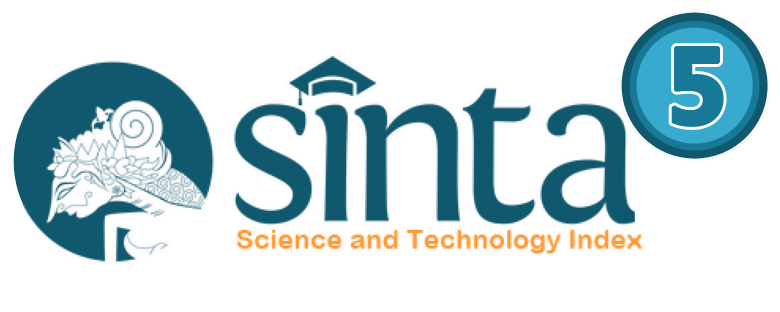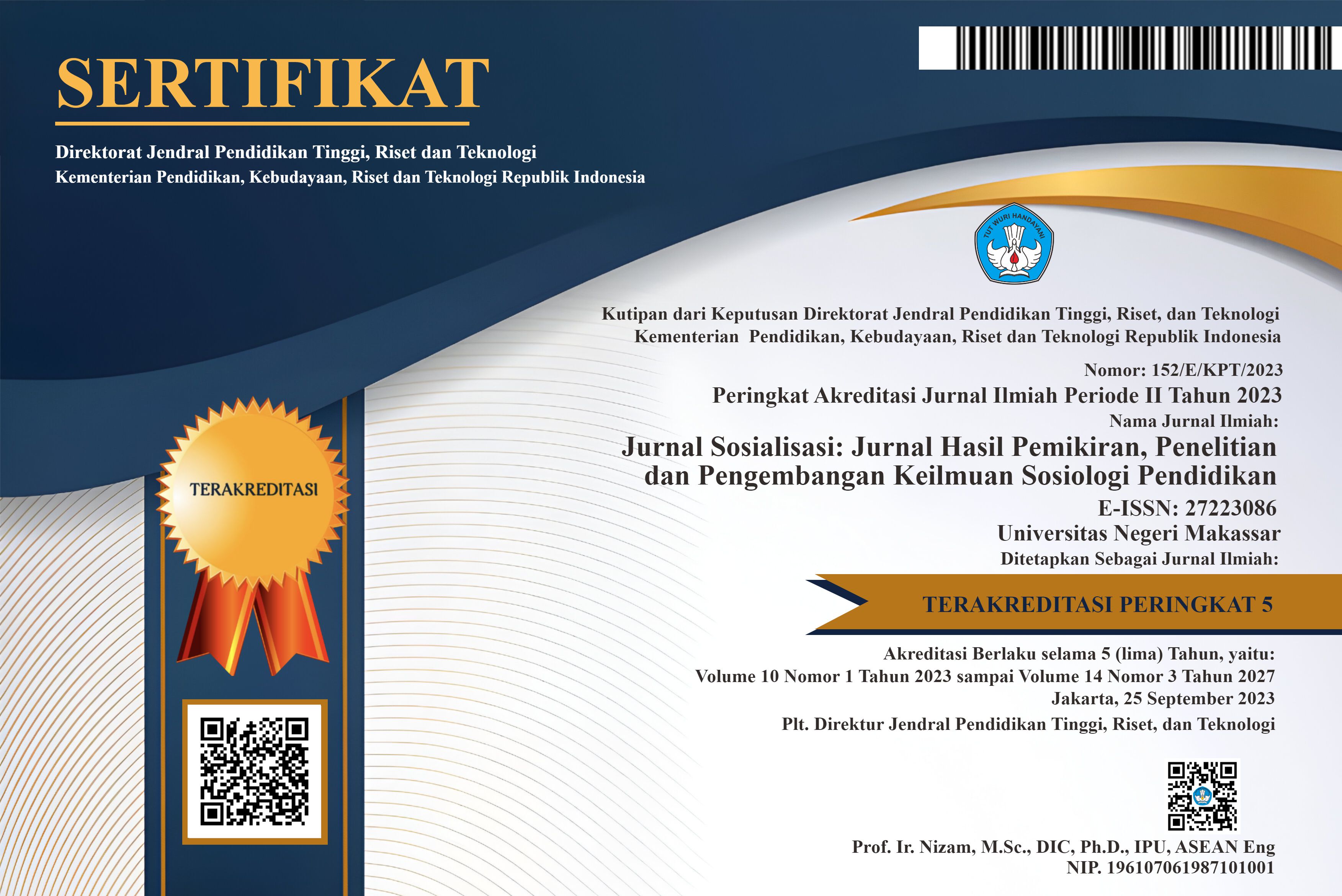KANT’S CRITICAL EPISTEMOLOGY AND ITS BORDERLINES WITH METAPHYSICS: A CRITIQUE
(1) University of Port Harcourt
(*) Corresponding Author
DOI: https://doi.org/10.26858/sosialisasi.v0i0.13886
Abstract
This paper focuses extensively on Kant’s critical epistemology as postulated in his Critique of Pure Reason. It grapples with the problem of identifying and harmonizing these borderlines of empirical and rational knowledge with that of metaphysical knowledge. Kant argues that the mind is so structured and empowered that it imposes interpretative categories on our experience so that we do not simply experience the world, as the empiricists claim, but interpret it through the categorizing mechanism of the mind. In ruling out indifference to metaphysical questions, Kant posits that if metaphysics is not science, yet still as natural disposition, human reason is driven on ‘by an inward need’ and not by mere ‘idle desire’ to ask metaphysical questions. Furthermore, Kant posits that what makes skepticism about metaphysics unsustainable is that metaphysics cannot be discarded in isolation from cognition in general. Kant, therefore, is of the view that the very same principles of reasoning as are employed in empirical judgments about physical objects are also used in a purified form, in metaphysical judgments about God, the soul and other non-empirical entities. However, the paper criticizes Kant for being too anxious to prove the subjectivity of space, as an escape route from materialism. Kant was quite averse to the argument that if space is objective and universal, God must exist in space, and hence, be spacial and material in nature. Thus, Kant might have been satisfied with the critical idealism which holds that all reality is known to us as our sensations and ideas.
Keywords
Full Text:
PDFArticle Metrics
Abstract view : 245 times | PDF view : 37 timesRefbacks
- There are currently no refbacks.

This work is licensed under a Creative Commons Attribution 4.0 International License.


































